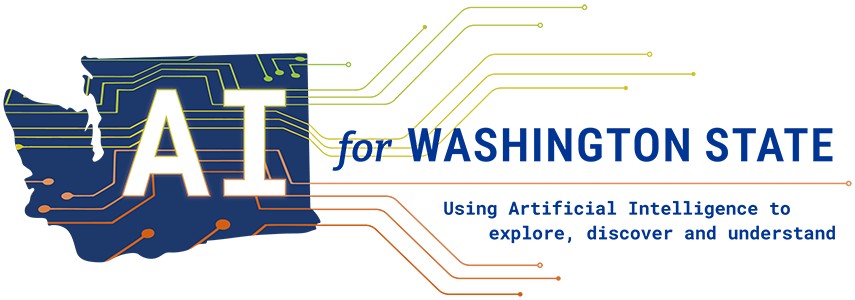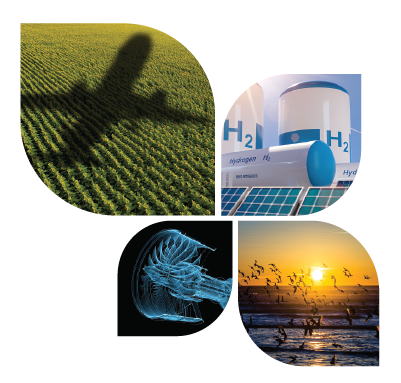Publication
COVID-19: Science and society
Forward
The COVID-19 pandemic has affected everyone in many different ways. These effects range well beyond the biomedical and public health aspects of the pandemic. They include economic, social, and political impacts that have already had and will continue to have far-reaching consequences.
The 14th annual symposium of the Washington State Academy of Sciences, which was held virtually on September 23, 2021, highlighted the many links between science and larger societal issues that affect our lives every day. Occurring roughly 20 months into the pandemic, it examined how scientific insights can help crystallize the lessons learned, inform the recovery process, and build resilience against future disasters, with particular attention to the pandemic’s implications for Washington State. The Symposium sought to identify patterns and connections across multiple domains to understand the course of the pandemic, the pandemic’s consequences, and ways to build future resilience.
Symposium organizer Howard Frumkin, professor emeritus of environmental and occupational health sciences at the University of Washington, worked for months with the panel moderators, the panelists, and Washington State Academy of Sciences staff and members to pull together the program. He organized the symposium into three panels, all of them based on the concept of unity. The immunity session addressed biomedical, public health, and epidemiologic aspects of the pandemic (Chapter 2). The community session examined the impacts of the pandemic on people, including the groups hit especially hard by the virus (Chapter 3). The opportunity session looked at the economic aspects of the pandemic, both past and future (Chapter 4). After each of these sessions, symposium participants divided into virtual breakout groups to extend the conversation with individual panelists. At the end of the day, a final set of breakout groups discussed some of the broader messages to be drawn from the symposium (Chapter 5).
We were extremely fortunate to have two esteemed, experienced, and knowledgeable keynote presenters (Chapter 1). Apoorva Mandavilli, health and science journalist for The New York Times, had perhaps the most challenging job in science reporting at the most difficult time in history and rose to the occasion marvelously. Lisa Brown, director of the Washington State Department of Commerce, took time from her extremely busy schedule to describe the actions that her department and state government in general have taken to protect and strengthen the state’s business, institutions, and communities. Together, they provided a solid base of information on which the rest of the symposium could build.
For the second year in a row, the symposium was held virtually because of the pandemic, which represented both challenges and opportunities. Compensating for our inability to gather in one place, people throughout the state were able to participate in the symposium, including high school students and teachers state-wide through a collaboration with the Washington Science Teachers Association. The event was also telecast on TVW, reaching an even broader audience both on the day of the event and in subsequent rebroadcasts. A video recording of the event can be found on the website of the Washington State Academy of Sciences at https://washacad.org/2021-symposium.
We would like to thank the wonderful staff of the Washington State Academy of Sciences, program officer Yasmeen Hussain, consultant Bridget Kelly, and operations leads Devon Emily Thorsell and Elizabeth Jarowey, who did the hard work of preparing and running the symposium. Seattle-based writer Steve Olson put together this summary of the symposium.
Throughout the day we heard that having good evidence alone cannot carry the day. Evidence needs to be translated into policy and practice through good communication and respectful interactions among parties with competing interests. The Washington State Academy of Sciences is committed to this process, from support for research to the incorporation of scientific findings into policy. As just one example of our activities, we have established a Community Dialogue Series where we bring together scientist and local decision makers in a public forum to discuss the latest science and impacts on a local level. All these efforts will result in a state that is better prepared to meet the challenges that the future is sure to hold.


